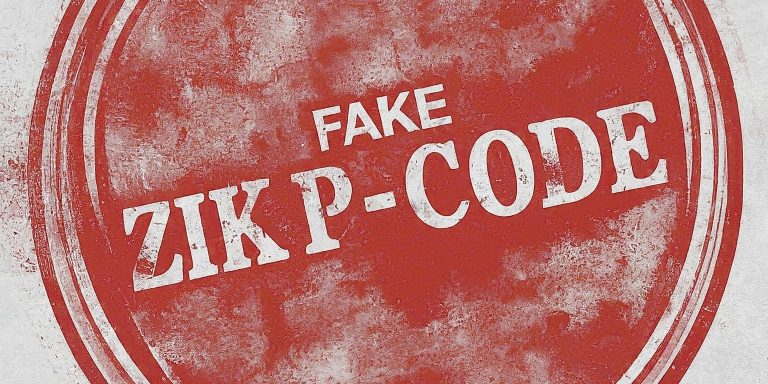An internet contract is a legal agreement between a service provider and a customer that outlines the terms and conditions for internet service. These contracts typically include details about the service plan, pricing, equipment, and customer responsibilities.
Key Components of an Internet Contract:
- Service Plan: This defines the type of internet connection (e.g., DSL, cable, fiber-optic) and the speed.
- Pricing: The contract outlines the monthly fees, potential additional charges (e.g., early termination fees, equipment rental), and any promotional offers.
- Equipment: If the service provider provides equipment (e.g., modem, router), the contract will specify ownership, rental fees, and maintenance responsibilities.
- Data Limits: Some plans have data caps. The contract will detail the data allowance and any overage charges.
- Customer Responsibilities: The contract outlines the customer’s obligations, such as paying bills on time, maintaining equipment, and complying with the service provider’s terms of service.
- Termination: The contract specifies how the customer can terminate the service and any potential early termination fees.
Contents
Common Terms and Conditions in Internet Contracts
- Data Caps: Many internet service providers impose data caps, limiting the amount of data a customer can use in a given month. Exceeding the data cap can result in additional charges or reduced speeds.
- Overage Fees: If a customer exceeds their data cap or violates other terms of the contract, they may incur overage fees.
- Early Termination Fees: If a customer cancels the service before the contract expires, they may be subject to early termination fees.
- Equipment Rental Fees: If the service provider provides equipment, the contract will outline the rental fees and any associated terms.
- Speed Guarantees: Some service providers offer speed guarantees, ensuring a minimum internet speed. If the speed falls below the guaranteed level, the customer may be eligible for a credit or termination of the service.
- Fair Use Policy: Fair use policies are guidelines that service providers use to manage network traffic. These policies may restrict certain activities, such as excessive downloading or streaming.
- Customer Conduct: Internet contracts often include provisions governing customer conduct, such as prohibiting illegal activities and unauthorized access to other networks.
- Dispute Resolution: The contract may specify the dispute resolution process, including mediation or arbitration, to resolve any disagreements between the customer and the service provider.
Choosing the Right Internet Contract
When selecting an internet contract, it’s essential to consider your specific needs and budget. Here are some factors to keep in mind:
- Speed Requirements: Determine the speed needed for your online activities, such as streaming, gaming, or video conferencing.
- Data Usage: Estimate your monthly data consumption to avoid exceeding data caps and incurring overage fees.
- Equipment Needs: Decide whether you need to purchase or rent equipment from the service provider.
- Contract Length: Consider the length of the contract and any associated early termination fees.
- Customer Service: Research the service provider’s reputation for customer service and support.
- Hidden Fees: Be aware of any potential hidden fees, such as installation charges, equipment rental fees, or overage charges.
Negotiating Your Internet Contract
While it’s not always possible to negotiate every term of an internet contract, there are opportunities to discuss certain aspects with the service provider. Here are some tips:
- Bundling: If you are a customer of multiple services, such as cable TV or phone, inquire about bundling discounts.
- Promotions: Ask about any current promotions or discounts that may be available.
- Early Termination Fees: If you are concerned about early termination fees, try to negotiate a shorter contract term or a lower fee.
- Data Caps: If data caps are a concern, discuss the possibility of a plan without a cap or with a higher allowance.
- Equipment Rental: If you need to rent equipment, negotiate a lower rental fee or inquire about purchase options.
Understanding Your Rights as a Consumer
As an internet customer, you have certain rights under consumer protection laws. These laws vary by jurisdiction, but they generally protect consumers from unfair or deceptive practices. Some key consumer rights include:
- Clear and Conspicuous Terms: The terms of the internet contract must be clear and easily understandable.
- Accurate Billing: You have the right to accurate and timely billing information.
- Privacy Protection: Your personal information must be protected in accordance with applicable privacy laws.
- Dispute Resolution: You have the right to dispute any charges or issues with the service provider.
Conclusion
Internet contracts are essential documents that outline the terms and conditions for internet service. By understanding the key components of these contracts, common terms and conditions, and your rights as a consumer, you can make informed decisions and protect your interests.
Read More: Navigating the Digital Landscape: A Comprehensive Guide to Internet Service Providers





